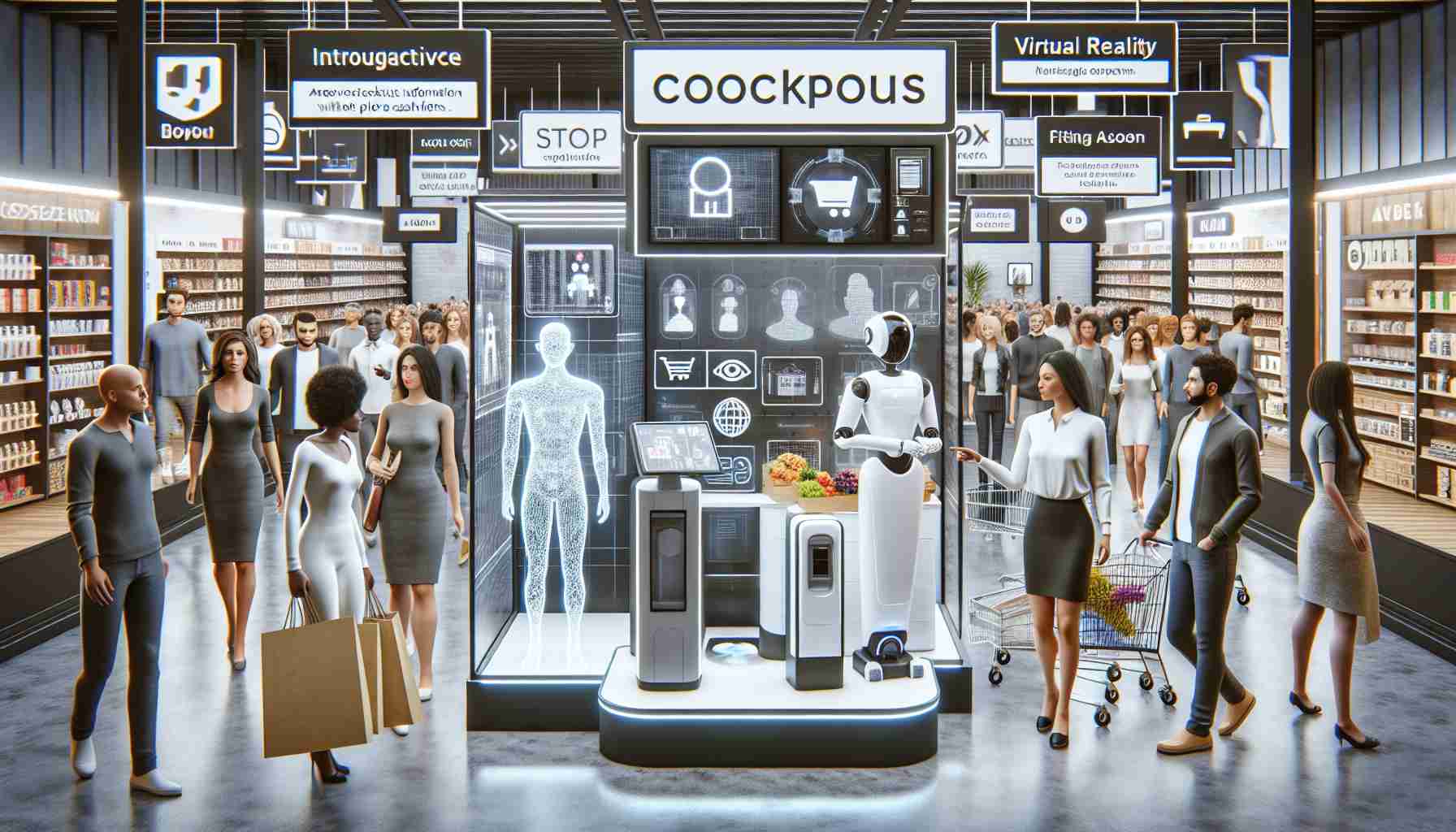Summary: Retail is on the cusp of a revolution as the latest advancements in generative AI and increased computing power converge to bring smart technologies to the forefront of the industry. These innovations promise a new era in retail where customers enjoy superior experiences, errors are minimized, and stores operate with greater efficiency.
—
The retail landscape is poised to undergo a significant transformation, as artificial intelligence (AI) catalyzes the emergence of ‘smart stores.’ Advances in generative AI (GenAI), paired with an uptick in computing capabilities, have brought once-theoretical retail concepts to life. This surge in AI interest is set to dramatically improve customer interactions, operational efficiency, and reduce costs.
Imagine visiting a fast-food drive-through where the service is remarkably smooth and error-free. This is now possible as conversational AI streamlines ordering, ensuring that complex requests are handled flawlessly. Meanwhile, AI-driven computer vision systems are monitoring the accuracy of meal preparations in real time, relieving staff from multitasking and enabling a laser-focus on customer service. For restaurants, this could mean saving millions by cutting down on common mistakes.
Inside retail clothing stores, the try-on experience has been notoriously disconnected from sales opportunities. But this is about to change. The fusion of GenAI and RFID technology enables virtual assistants within changing rooms, offering product information, size exchanges, and personalized fashion recommendations at the moment when purchase decisions are made. RFID tags’ role extends beyond customer assistance, playing a key role in inventory management, loss prevention, and streamlining checkout processes.
Self-service kiosks, while popular among shoppers for their convenience, have traditionally presented higher risks for shoplifting. AI is tipping the scales back in favor of retailers by integrating computer vision AI with self-checkout systems to combat theft and provide a seamless and secure checkout experience, distinguishing between various items and automatically inputting the correct purchase information.
These technological advancements promise a revolution in retail efficiency and customer satisfaction, setting the stage for the widespread adoption of AI-powered tools and heralding a transformative phase for the industry.
The retail industry is undergoing a seismic shift as it embraces the potential of artificial intelligence (AI), particularly generative AI (GenAI), and improved computing power. This union is steering retail into a future marked by enhanced customer experiences, minimized errors, and improved operational efficiency.
In the fast-food sector, conversational AI is reinventing the drive-through experience, enabling error-free ordering and personalized customer service. Computer vision AI enhances meal preparation accuracy, which can result in substantial cost savings through the reduction of common errors.
The apparel retail space is witnessing the integration of GenAI and RFID technology to transform the changing room experience with virtual assistants providing real-time assistance. This innovation aids consumers in making purchase decisions and improves inventory and loss prevention management for retailers.
Furthermore, self-service kiosks have become more secure with the incorporation of AI-enabled computer vision, significantly reducing the risk of theft and providing customers with a smooth self-checkout process, thus enhancing the shopping experience while safeguarding the retailer’s interests.
As AI integration becomes more pervasive, industry forecasts suggest that the potential for market growth is substantial. The global AI in retail market size is expected to expand considerably, driven by the growing demand for enhanced customer experiences, the efficiencies AI promises in supply chain management, and the cost savings from reduced workforce and error mitigation.
However, there are industry challenges such as concerns about job displacement due to increased automation, addressing consumer privacy with the rise of data-driven technologies, and ensuring the ethical use of AI. Retailers must navigate these issues carefully to maintain public trust and compliance with ever-evolving regulations.
The future of retail is promising with the rise of smart technologies. Retailers who adapt and innovate with AI are likely to see substantial benefits, reinforcing the importance of investment in digital transformation. The convergence of GenAI and retail illustrates a broader trend within industries; one where technology is not just an enabler of change but a driver of a revolutionary customer-centric approach to business.
For those interested in further exploring the trends and developments shaping the future of retail, relevant industry insights can be found by visiting established research and market analysis websites. Some recommended sources include:
– Forrester for market research and analysis on the impact of technology in retail.
– Gartner for insights and forecasts regarding AI technologies and retail market trends.
– Statista for statistics and market data on the retail industry, including advances in AI.

